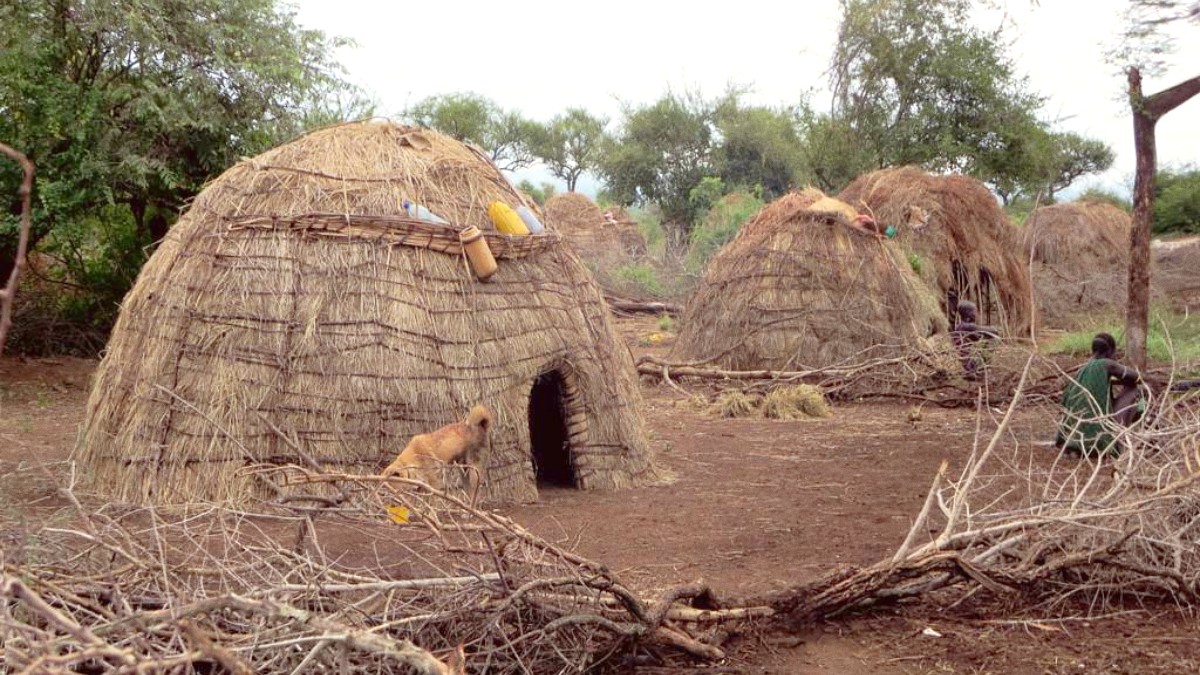
Ethiopia
Ethio Telecom is the sole mobile provider. Purchase a SIM card at Addis Ababa Bole International Airport or larger Ethio Telecom shops in towns like Jinka or Arba Minch (passport needed for registration). Mobile phone coverage in the Omo Valley is sporadic and often non-existent in remote villages. Expect to be offline for periods.
ATMs are available in larger towns like Jinka and Arba Minch. However, they can be unreliable (out of cash or offline). Carry sufficient cash (Ethiopian Birr in small denominations) for your time in the Omo Valley. Do not rely solely on ATMs. Postal services are very limited and unreliable in the Omo Valley.
Handshakes are common greetings. Use "Salam" (peace) informally or "Tena Yistillin" (may God give you health) formally. Show respect to elders, perhaps with a slight bow. Modest clothing, covering shoulders and knees, is advisable for all settings, specifically in villages or religious sites. This demonstrates cultural sensitivity.
Travelers with mobility needs discuss their requirements with a tour operator to assess trip feasibility.
Connecting while exploring the Omo Valley.
Ethio Telecom is the sole mobile provider. Purchase a SIM card (data-only or voice+data) at Addis Ababa Bole International Airport or major Ethio Telecom shops. Passport registration is needed.
Wi-Fi exists in some mid-range to higher-end lodges in Jinka and Turmi but is often slow or unreliable. Rely on mobile data from your local SIM where coverage exists. Internet cafes are rare.
Postal services are very limited and unreliable for tourists in the Omo Valley. Sending postcards or packages from this remote region is not practical.
Amharic is Ethiopia's official working language. The Omo Valley is home to numerous tribal languages, distinct from Amharic. English is spoken by tour guides and some hotel staff. Limited English speakers are present in local villages.
Be prepared for limited or no connectivity in the most remote Omo Valley villages. This allows for cultural immersion.
Navigating local operating hours and holidays.
Shops generally operate from 8:00 AM to 5:00 PM, though small kiosks or local market stalls may stay open longer. Banks operate on weekdays, typically from 8:30 AM to 4:30 PM, often with a lunch break. Saturdays have shorter hours. Banks close on Sundays.
Ethiopia observes many public and religious holidays, following both Christian (Ethiopian Orthodox) and Muslim calendars. Services, banks, and businesses may close or have limited hours on these days. Check a local calendar or ask your tour operator about holidays during your travel dates.
During the heaviest rainy season (July-August), some roads may become impassable, limiting access to certain areas. This may cause tour operators to alter itineraries. Always confirm road accessibility with your tour operator if traveling during the wet season.
Enhance your airport experience with lounge access and flight compensation services.
Respect local customs and traditions for a meaningful and rewarding travel experience in the Omo Valley.
Your behavior directly influences the communities you visit in the Omo Valley.
Handshakes are common, especially when meeting someone new. Use "Salam" (peace) for an informal greeting or "Tena Yistillin" (may God give you health) for a more formal greeting, especially to elders or respected individuals. Always show respect to elders; younger individuals often greet them with a slight bow or by touching their hand to the elder's shoulder.
Modest clothing, covering shoulders and knees, is recommended across Ethiopia, and especially important when visiting villages or any religious sites in the Omo Valley. This shows cultural sensitivity. Choose lightweight, breathable fabrics for comfort in the heat.
Always eat and pass items with your right hand; the left hand is considered unclean. If offered a "gursha" (a mouthful of food fed to you by hand), accept it as a gesture of friendship.
Always ask permission before photographing people, especially in tribal areas. This is a non-negotiable rule. Be prepared to pay a small fee per photo to the individual(s) you photograph; your guide will explain this custom. If someone refuses to be photographed, respect their decision without question.
Travelers with mobility requirements should discuss their needs thoroughly with a tour operator to understand limitations and determine trip feasibility.